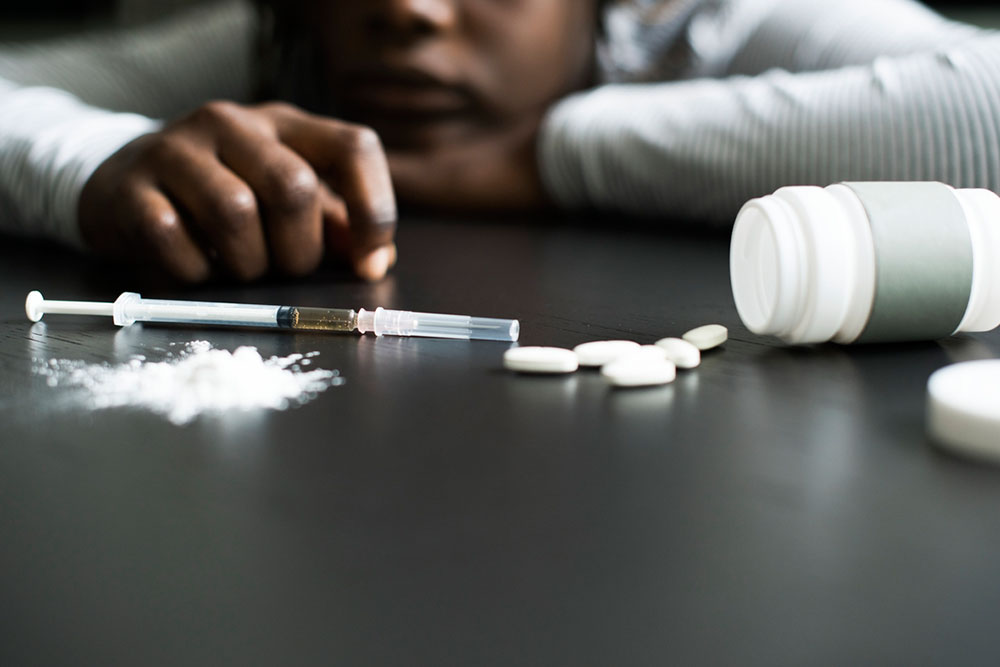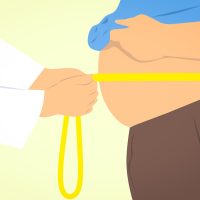Opiate Addiction: Symptoms, Causes And Treatment
Published on May 27th, 2019
Updated on January 3rd, 2024

Opiates are a dangerous and highly addictive drug to use. They are considered narcotic drugs and are often used recreationally. People may also be prescribed certain types of opiate medication to relieve pain. Opiates cause changes in the brain, addiction, and permanent damage to the user.
Opiates create a euphoric high that makes them appealing to recreational users. They cause a similar high for people who are prescribed. Many people mistakenly believe that addiction is not a risk if the opiate medication is prescribed by a doctor. The euphoric high, along with intense symptoms of withdrawal, cause a high risk of addiction for all users.
What Is An Opiate?
Opiates can either be natural or synthetic, and they are made of the seed pods of opium poppy plants. It is currently legal to grow opium poppies for harvest in India and Australia. These countries are a major source of opiate trades.
Sponsored by

Choose a therapist to work with and start healing with 20% off from BetterHelp.
Click HereThere are several different kinds of opiates. Some are legal to use in the United States with a prescription. Others are illegal to use or possess at any capacity. The most commonly known opiate is heroin. It is widely known that heroin causes severe addiction and health issues.
The different kinds of opiates include:
- Heroin
- Oxycontin
- Oxycodone
- Codeine
- Hydrocodone
- Fentanyl
- Morphine
Symptoms Of Opiate Addiction
Opiate addiction is a severe addiction that happens quickly. Many people suffer from addiction without even realizing it is happening until it is too late. People are addicted once the need to get high negatively affects their life.
There are mood, behavior, and physical health symptoms of opiate addiction. Such symptoms include:
- Anxiety
- Panic attacks
- Needing more higher doses of drugs to feel the high
- Having obsessive thoughts about finding drugs
- Feeling anxious when running low on drugs
- Depression
- Irritability
- Lying about, minimizing, or hiding drug habit
- Using drugs more often, longer, or in greater quantity than intended or prescribed
- Difficulty with stopping or reducing drug use
- Withdrawal symptoms (chills, body aches, irritability, heart palpitations, High blood pressure)
- Spending excess money, time, and effort seeking out and using drugs
- Engaging in illegal activity to obtain drugs
- Withdrawal from family and friends
- Sensitivity to light and sound
- Changes in appetite
- Insomnia
Causes Of Opiate Addiction
People become addicted to opiates as a result of misusing the drug. It does not take long for the body to become physically addicted. This is because opiates impact the chemistry and functioning of the brain. An addict will experience severe withdrawal if they go too long without using.
The following are the two main causes of opiate addiction:
Prescription Use Of Opiate Medication
Many cases of opiate addiction are due to people being prescribed opiate medication for pain relief. While opiate medication can relieve pain, it also can cause a tolerance to the drug. This can often turn into a dependence if the user is not careful. This dependence can cause a person to struggle when the drug is no longer needed for pain relief, or when a doctor recommends beginning to wean weaning off the prescribed medication.
A person may seek out opiates in other ways than through their doctor. They may visit a different doctor, buy pills on the streets or turn to heroin, which can be a cheaper and faster option.
The Environment
The environment is a major cause of many people who become addicted to opiates. Recreational use of opiate medication and heroin is another major path to addiction. The following environmental factors significantly increase the risk of opiate use and addiction:
- Growing up in a household where caretakers used drugs
- A genetic predisposition to addiction
- Residing in a community where there is a high crime rate and drug use
- Suffering from other mental health issues (depression, anxiety alcoholism, etc.)
- Poor access to resources for people who are suffering from mental health issues
- Attending a school with a high rate of drug use
- Being exposed to media influences that glorify drug use
- Peer pressure
- Using opiate drugs to numb emotional pain
- A personal or family history of alcoholism
Treatment Options For Opiate Addiction
Like any addiction, treatment for opiate addiction will take time and patience. There are different levels of treatment that the addict may need to recover. Their level of treatment depends on the severity of the addiction. The recovering addict’s unique circumstances may also be taken into account. They may need to complete some or all of the following levels of treatment:
Inpatient Detoxification
Inpatient detoxification (‘detox’) helps with managing the symptoms of withdrawal. Withdrawal from opiates is very uncomfortable. Many people need the medical assistance that inpatient detox provides. Inpatient detox can take up to 2 weeks to complete.
Inpatient Rehabilitation
Inpatient rehabilitation (‘rehab’) is where the recovering addict lives in the treatment facility. They can typically expect to reside at inpatient rehab between 1- 4 months. Upon completion, they may continue with outpatient treatment.
Intensive Outpatient Treatment
Intensive outpatient treatment requires 10-12 hours of treatment per week. In intensive outpatient treatment, the recovering addict resides at home and commutes to therapy.
The recovering addict may attend group and individual counseling sessions, along with other services, while in intensive outpatient treatment.
Outpatient Treatment
Outpatient treatment programs offer different forms of therapeutic programs. These programs include both group therapy and individual counseling. Outpatient programs typically require between 2 to 4 hours of therapy per week.
In these treatment levels, addicts in recovery create a treatment plan with their counselor. They engage in relapse prevention counseling and cognitive and behavioral therapies. They may also receive vocational counseling if needed.
Substance use treatment encompasses different types of services. While in treatment for opiate addiction, the recovering addict may participate in the following services:
Medication Management
People in treatment for opiate addiction may be prescribed medication that aids in the recovery process. Medications help by reducing cravings and stopping the drug from producing a high. They also ease the symptoms of withdrawal.
Group Therapy
Therapy groups focus on relapse prevention and the development of vocational skills. It may also help with learning basic life skills and sober social skills.
Individual Counseling
In individual counseling, the recovering addict creates a treatment plan and attends regular therapy sessions. In therapy, they learn coping skills and explore how their personal history led them toward addiction. They learn how to self-reflect, which helps with preventing relapse and boosting confidence in recovery.
12-Step Programs
Programs like Narcotics Anonymous (NA) may also be helpful for addicts in recovery.
Sponsored by

Find an affordable therapist online with 20% off from BetterHelp.
Click Here






Leave A Reply